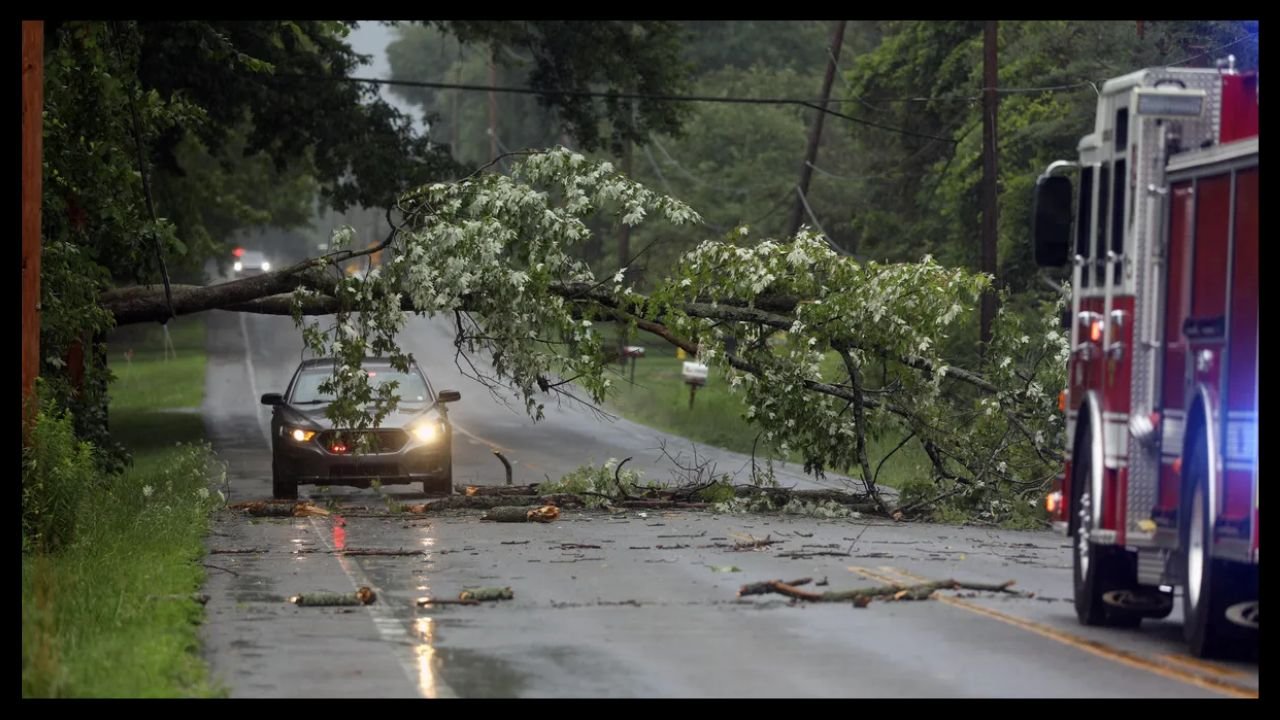History is a fascinating tapestry woven from events, definitions, and transformations that shape our world. The years 1954 and 2023 stand as intriguing bookends in this narrative, each representing distinct eras in historical evolution. The year 1954 marks a pivotal moment in the mid-20th century, while 2023 carries the weight of our modern aspirations and anxieties. This blog post sets off on an exciting voyage through time, exploring the events and cultural currents of 2023 and 1954. Together, we’ll unravel the threads connecting these two years, offering insights and reflections to captivate history enthusiasts, time-travel fiction fans, and educational bloggers alike.
Setting the Stage
1954 The Building Blocks of Change
In the heart of the 20th century, 1954 was a year marked by significant global shifts. The end of colonialism in parts of Africa and Asia signaled a new era of independence, while tensions simmered during the Cold War. The United States witnessed the birth of the civil rights movement, sparked by the landmark Brown v. Board of Education decision. Technology was also on the rise, with the first successful kidney transplant and the introduction of the transistor radio, forever altering communication and healthcare.
2023 A Speculative Glimpse
Fast forward to 2023, and the world is a digital landscape transformed by rapid technological advancements. Artificial intelligence, electric vehicles, and sustainable energy solutions redefine the way we live, work, and interact. Political landscapes continue to shift, with new alliances and challenges emerging on the global stage. In this era of innovation and uncertainty, we find ourselves contemplating the potential futures that await us.
The Fictional Lens
Time Travel in Literature and Film
Time travel has been a beloved theme in literature and film, offering a lens through which to explore societal hopes and fears. In the realm of fiction, 1954 and 2023 serve as captivating settings. Works like “Back to the Future,” though set later, reflect the fascination of exploring past and future eras. Meanwhile, novels like “11/22/63” by Stephen King transport readers back to pivotal moments in history, challenging them to contemplate the consequences of altering events.
Reflecting Societal Anxieties
Time travel fiction mirrors the anxieties and aspirations of its era. In 1954, the specter of nuclear war loomed large, influencing works like “The Day the Earth Stood Still.” Fast forward to 2023, and the themes shift to AI ethics, climate change, and societal transformation. Exploring these narratives reveals the enduring human desire to understand and shape the flow of time.
Historical Analysis
Unpacking 1954’s Enduring Impact
The events of 1954 left an indelible mark on global politics, technology, and culture. The Geneva Accords, which aimed to resolve the Indochina conflict, laid the groundwork for future geopolitical dynamics. In the United States, the Supreme Court’s decision in Brown v. Board of Education ignited the civil rights movement, reshaping societal norms. Technological advancements, such as the development of polio vaccines, heralded new possibilities for public health.
The Ripple Effect on 2023
These historical events reverberate into 2023, shaping the modern world. The fight for civil rights continues to evolve, with movements advocating for equality and justice. Technological progress has given rise to new medical breakthroughs and communication methods, fostering global connectivity. Understanding these connections enhances our appreciation of history’s role in shaping our future.
A Glimpse into the Future
Projecting Forward from 2023
Looking ahead from 2023, we find ourselves at the threshold of unprecedented change. Technological innovations, from AI-powered healthcare to renewable energy solutions, hold the promise of a sustainable and interconnected world. Social and political landscapes continue to shift, driven by the voices of diverse communities seeking representation and justice.
Hypothetical Developments
In the decades to come, we may witness the widespread integration of AI into daily life, transforming industries and redefining human-machine interactions. The global community’s response to climate change will shape the planet’s future, prompting shifts in policies and lifestyles. By examining these potential developments, we gain insights into the complex forces shaping the world beyond 2023.
You May Also Like: The Überzetsen Revolution Bridging Worlds with Cross-Cultural Communication
Conclusion
Our exploration of the events spanning 2023 and 1954 has illuminated the intricate threads connecting these two epochs. From historical milestones to speculative futures, this journey through time underscores the profound impact of past decisions on present realities. History enthusiasts, time-travel fiction fans, and educational bloggers are invited to reflect on how their understanding of history and future can inform the present. By engaging with these narratives, we contribute to a broader dialogue about the role of time in shaping human experiences. We encourage you to share your thoughts and visions of the future in the comments below, sparking a conversation that bridges eras and perspectives.
Frequently Asked Questions
What were the major events of 1954?
In 1954, significant events included the landmark Brown v. Board of Education decision, the Geneva Accords concluding the First Indochina War, and the introduction of the transistor radio.
How does time travel fiction explore societal themes?
Time travel fiction uses settings like 1954 and 2023 to reflect societal anxieties and aspirations, offering a lens through which to explore historical and futuristic narratives.
What impact did 1954 events have on the present?
The events of 1954 laid the foundation for civil rights movements, technological advancements, and geopolitical dynamics that continue to shape our modern world.
How might the world evolve beyond 2023?
Beyond 2023, technological innovations, social changes, and responses to global challenges may redefine industries, communication, and policies, shaping a dynamic future.
How can history enthusiasts engage with this narrative?
History enthusiasts can engage by reflecting on the connections between past and future, contributing to discussions about the role of historical events in shaping contemporary experiences.











